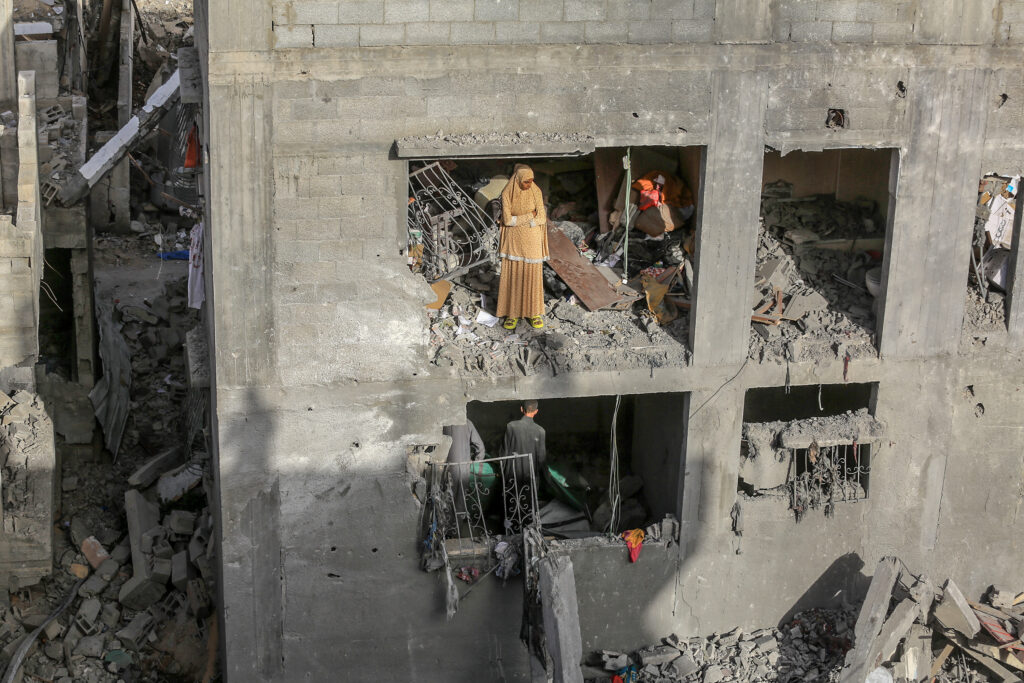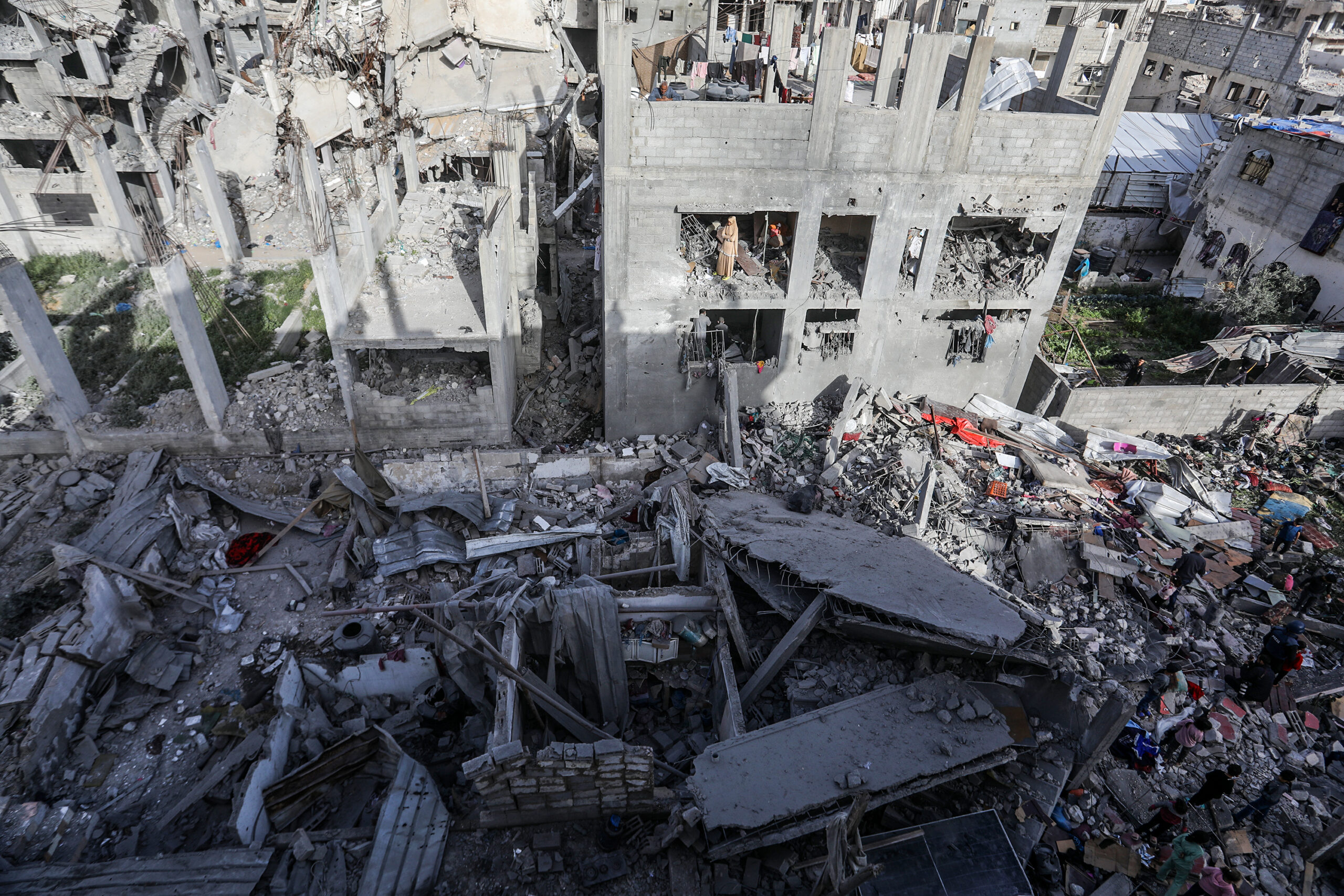Tariffs on U.S. Goods Eliminated by Israeli Finance Minister Smotrich
Israeli Finance Minister Bezalel Smotrich has officially signed off on the removal of all remaining import tariffs on goods from the United States, with an annual impact estimated at $11.3 million, primarily affecting agricultural products. This significant policy shift still requires the approval of the Knesset Finance Committee.
This strategic move, reportedly in alignment with Prime Minister Benjamin Netanyahu, appears to be timed with U.S. President Donald Trump’s upcoming “Liberation Day,” when he is expected to announce a new tariff framework centered on individual countries.

Since the historic 1985 free trade agreement between Israel and the U.S., nearly all trade between the two nations has been tariff-free. Smotrich emphasized that this new order completes the circle, making every American import tariff-free, which he believes will further solidify the U.S. as a key economic ally and enhance bilateral cooperation.
Additionally, the move aims to decrease living costs in Israel and stimulate more competition, particularly in the food industry, according to Smotrich. Meanwhile, Avi Dichter, Israel’s Minister of Agriculture and Food Security, has committed to compensating local farmers should they be adversely affected by these changes.
The policy change follows a pivotal meeting between Smotrich and U.S. Treasury Secretary Scott Bessent, which underscored the commitment to deepening the economic ties between the two countries.
Israel Intensifies Military Presence in Gaza Following Recent Strikes
Following a series of overnight strikes in southern Gaza, the Israel Defense Forces (IDF) has increased its military presence in the area by deploying an additional division. Israeli Defense Minister Israel Katz announced the expansion of “Operation Strength and Sword” to reinforce buffer zones along the Gaza border. The operation aims to dismantle terrorist infrastructures and mitigate Hamas’s influence in the region.

This military escalation follows the failure of a recent ceasefire, prompting the IDF to issue evacuation orders in multiple districts within Gaza, including Rafah and northern sectors like Beit Hanoun. The increased military activity is a response to renewed rocket attacks from Gaza, with recent projectiles aimed at the Israeli city of Sderot being intercepted by the IDF.
Concurrently, the U.S. is bolstering its forces in the Middle East, deploying additional air assets to enhance protection for American personnel amid escalating regional tensions, particularly in response to threats from Iran-backed groups in Iraq and Syria.
Israeli Airstrike in Beirut Targets Hezbollah, Disrupts Major Terror Plot
An Israeli airstrike targeted a key Hezbollah figure in Beirut, significantly disrupting a planned mass-casualty attack. The strike in the Dahieh neighborhood aimed at Hassan Ali Mahmoud Bdeir, identified by Israeli intelligence as a crucial link between Hamas, Hezbollah, and Iran’s Quds Force in orchestrating the plot.
Aftermath of “Israeli” strike on building in Beirut’s southern suburbs. pic.twitter.com/yJkCawvTtQ
— Roya News English (@RoyaNewsEnglish) April 1, 2025
According to the Israel Security Agency (Shin Bet), Bdeir played a vital role in the planning stages, which involved coordinating financial, logistical, and recruitment efforts for the attack intended to target Israeli or Jewish interests globally. The operation’s success has been deemed critical in preventing a potential disaster reminiscent of previous large-scale attacks.
Hezbollah confirmed Bdeir’s death and condemned the Israeli action as a serious provocation, hinting at possible retaliatory measures. This incident marks a continued focus by Israeli forces on neutralizing threats beyond their borders, particularly those associated with Iran.





